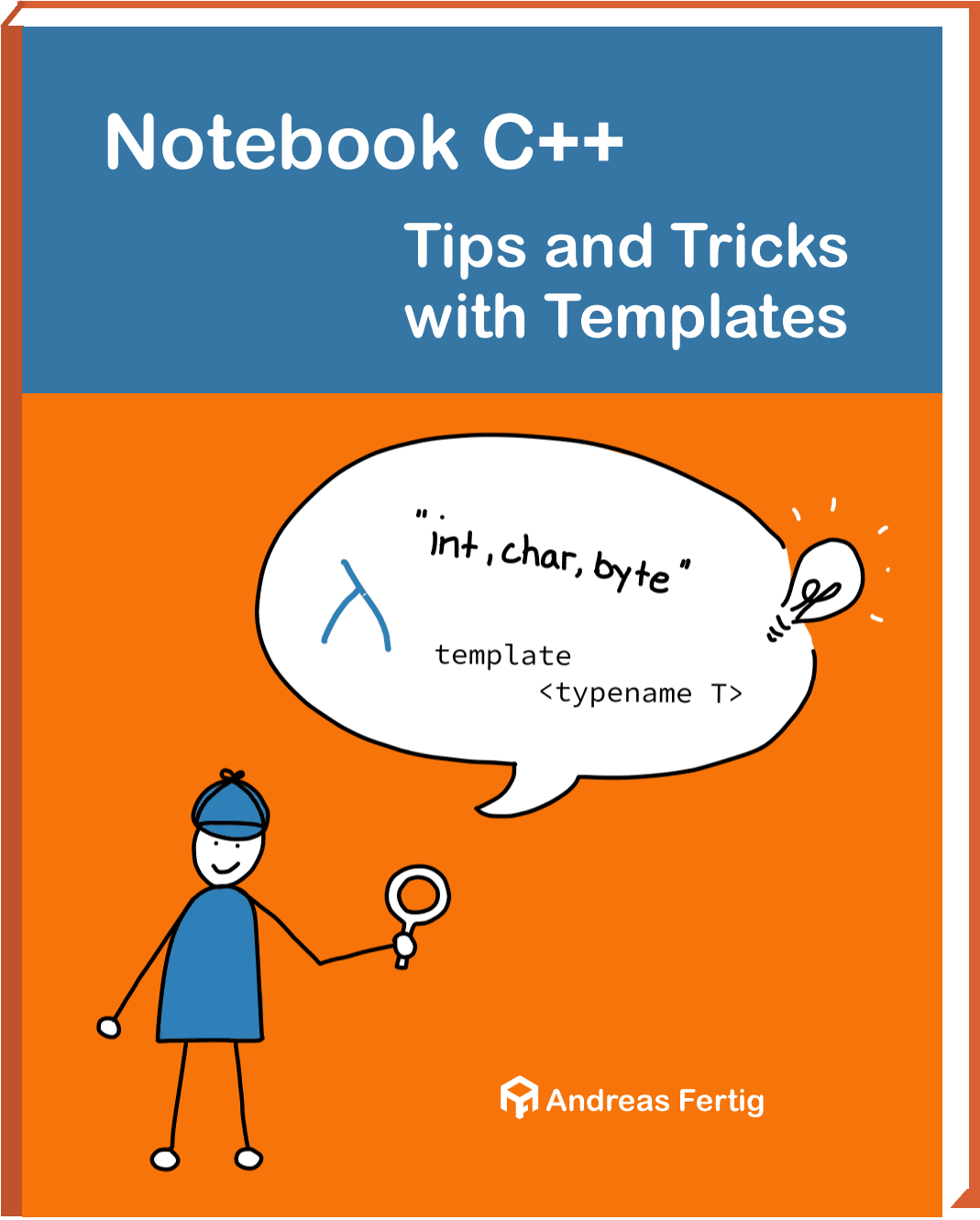Boost C++ Efficiency Top Performance Tips Unveiled
Boost C++ Efficiency: Top Performance Tips Unveiled
In the fast-paced realm of programming, the need for optimized code is paramount. As a C++ enthusiast, you’re likely familiar with the importance of performance. Let’s delve into the secrets that can turbocharge your C++ code and elevate your programming prowess.
Mastering the Basics: Lay a Solid Foundation
First and foremost, ensure your grasp on the fundamentals is rock-solid. Efficient C++ programming starts with a clear understanding of language basics, syntax, and data structures. Familiarize yourself with the intricacies of memory management, pointers, and smart pointers. A strong foundation sets the stage for high-performance code.
Smart Usage of Containers: Choose Wisely
C++ offers a plethora of container classes, each with its strengths and weaknesses. When optimizing for performance, selecting the right container becomes crucial. Vector, list, map, and unordered_map have distinct use cases. Understand the characteristics of each and employ them judiciously based on your specific requirements.
Const-Correctness: Embrace the Immutable
Embracing const-correctness not only enhances code readability but also contributes to performance improvements. Declare variables and functions as const wherever applicable. This not only communicates intent but also enables the compiler to make certain optimizations, leading to more efficient code execution.
Inline Functions: Unleash the Speed
Inlining functions can be a game-changer for C++ performance. By eliminating the overhead of function calls, you can significantly reduce execution time. However, exercise caution – indiscriminate inlining can lead to code bloat. Identify critical functions and strategically inline them to strike the right balance between speed and code size.
Optimized Memory Usage: Mind Your Footprint
Efficient memory usage is a cornerstone of C++ performance. Be mindful of your data structures and their memory requirements. Choose the smallest data type that meets your needs, and avoid unnecessary dynamic memory allocations. This not only speeds up your program but also minimizes the risk of memory-related issues.
Algorithmic Efficiency: Choose the Right Tool for the Job
C++ boasts a rich set of algorithms in its Standard Template Library (STL). When optimizing for performance, understanding the time complexity of these algorithms is essential. Select algorithms that align with the specific requirements of your task. Choosing the right tool for the job can lead to substantial improvements in execution speed.
Parallelism and Concurrency: Harness the Power
Modern processors often come equipped with multiple cores, and C++ provides mechanisms to harness this parallel processing power. Explore threading and concurrency to break down tasks into parallel units. Be cautious with synchronization to avoid pitfalls, but when employed correctly, parallelism can unlock substantial performance gains.
Compiler Optimization Flags: Unveil the Compiler Magic
Compilers are not just translators; they are sophisticated tools that can optimize your code during compilation. Familiarize yourself with compiler flags tailored for performance. Experiment with optimization levels, explore inlining options, and delve into architecture-specific optimizations. Unleashing the power of compiler flags can lead to significant speed enhancements.
Profile and Benchmark: Measure, Analyze, Optimize
To truly understand and improve the performance of your C++ code, profiling and benchmarking are indispensable. Identify









